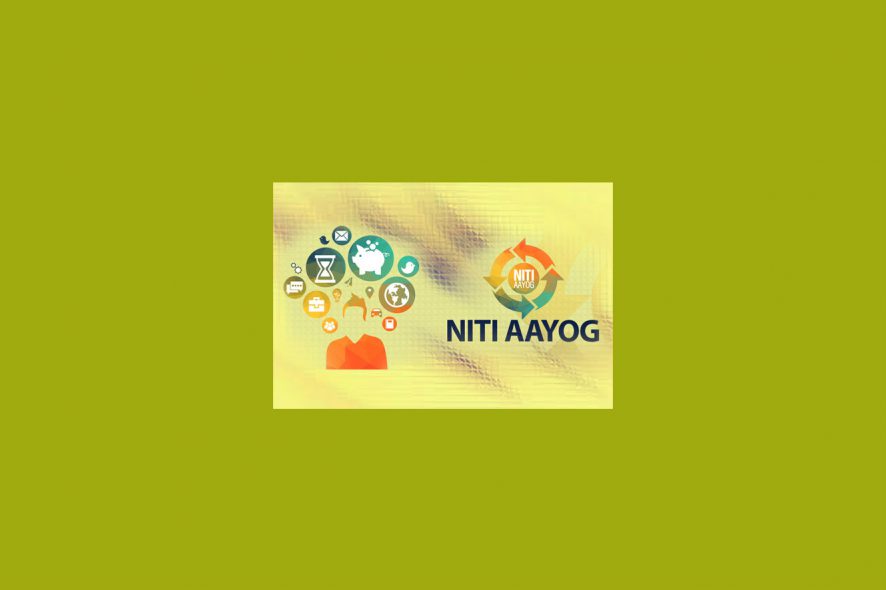The Government of India’s renewed focus on promoting India as the global hub for international commercial arbitration came to the fore on day 2 of the first-of-its-kind Global Conference on the National Initiative to Strengthen Arbitration and Enforcement in India. The deliberations saw thorough engagement of all stakeholders on the second day of the global conference covering the entire gamut of the arbitral process. Judges of the Supreme Court of India, top government officials, luminaries, legal experts and corporate heads took part in the panel discussions. The interactive sessions focused on all processes involved in creating a robust and cost effective arbitration ecosystem.
While arbitral institutions are the backbone of a strong out-of-court dispute resolution process, the global conference witnessed the heads of leading institutions deliberating on all that goes into setting up a world-class autonomous arbitration institution.
In order to achieve the goal of making India a regional hub and global player in domestic and international arbitration, the conference highlighted the need to develop world class arbitral infrastructure in India. Senior advocate Dr. Abhishek Manu Singhvi said, “The Mantra of making arbitration more effective and popular can be achieved by getting the ‘A, B, C, D of Arbitration right i.e., (Universal) Access, (Reducing) Backlog, (Lowering) Cost and (Removing) Delay,”. He also stated that one of the reasons of arbitration not attaining the full strength is the excessive judicial supervision and intervention in the arbitral proceedings.
The need for trained arbitrators working at the grassroots was highlighted by Justice R C Lahoti who advocated for the best human resource and physical infrastructure to provide the ideal atmosphere for qualitative arbitration in India. He also highlighted the lack of transparency in appointment of arbitrators especially by the Courts.
Judges of the Supreme Court of India, including Justice A.K Sikri, Justice D.Y Chandrachud, former judge, Justice R.V Raveendran together highlighted the role of court support in thwarting prevalent attempts to stall arbitration at various stages. They also debated on the need for a right balance that courts must achieve with respect to their involvement in the arbitral process.
While the practice of arbitration is far from alien to India, the conference played a crucial role in gathering know-how of the best practices in arbitration and the way forward from the world-class arbitration institutions such as ICC, SIAC, LCIA, KLRCA, HKIAC and PCA.
In an attempt to gather an all-around perspective in formulating an effective arbitration policy, the conference brought together members of the user community also who have been in the throes of high level disputes such as Airtel, J.K Tyres, IndiGo Airlines, NHAI, BHEL and FICCI. Prime stakeholders in the arbitration process, their experiences were considered crucial in creating simplified, fair and cost-effective arbitration policy.
The conference, organized by NITI Aayog, the Government of India’s premier policy tank, aims also at seeking informed inputs to facilitate formulation of an arbitration policy that is sophisticated, fair and robust.
The Prime Minister, Shri Narendra Modi will deliver the .valedictory address at the global conference tomorrow on 23rd October, the last day of the conference. A major attraction will be the participation of Chief Justices from six countries across the world including the Chief Justice of India Justice T.S. Thakur and the Union Minister for Law and Justice, Shri Ravi Shankar Prasad. The Attorney General of India, Mr. Mukul Rohatgi, Chairman of the organizing committee of the conference, Justice Manmohan. and the past and the present Judges of the Supreme Court and Delhi High Court will be attending the session.
NITI Aayog






